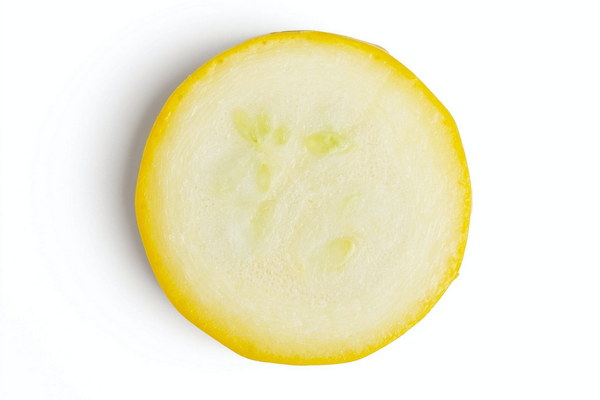Banish Dampness with Ginger Tea A Traditional Remedy for Modern Times
Ginger tea, a beloved beverage in many cultures, has been cherished for its numerous health benefits. One of the most remarkable properties of ginger tea is its ability to eliminate dampness from the body. In traditional Chinese medicine, dampness is considered an imbalance that can lead to various health issues, and ginger tea is often prescribed as a natural remedy to combat this imbalance. Let's delve into the science behind ginger tea's dampness-busting capabilities and discover how it can contribute to your overall well-being.
What is Dampness?
In traditional Chinese medicine, dampness is a concept that refers to an excess of dampness in the body, which can be caused by factors such as overeating, poor diet, and exposure to damp environments. Dampness can manifest in various ways, including fatigue, weight gain, water retention, and digestive problems. It is essential to address dampness as it can lead to more severe health issues, such as joint pain, edema, and even certain types of cancer.
How Ginger Tea Helps Eliminate Dampness
Ginger, the primary ingredient in ginger tea, has been used in traditional medicine for centuries. It contains powerful compounds called gingerols and shogaols, which have anti-inflammatory and antimicrobial properties. These compounds work together to help eliminate dampness in the following ways:
1. Improving Digestion: Dampness often leads to poor digestion, resulting in bloating, constipation, and acid reflux. Ginger tea stimulates the production of digestive juices and enhances the contractions of the digestive muscles, aiding in the digestion process and alleviating symptoms of dampness.
2. Boosting Metabolism: Ginger tea can help increase your metabolism, which can lead to weight loss and reduced water retention. This is because ginger increases the body's core temperature, thereby increasing the rate at which calories are burned.
3. Detoxifying the Body: The diuretic properties of ginger tea encourage the body to eliminate excess water and toxins. This can help reduce water retention and improve overall health.
4. Reducing Inflammation: Gingerol, a compound found in ginger, has been shown to reduce inflammation in the body. This can help alleviate symptoms associated with dampness, such as joint pain and muscle soreness.
5. Improving Circulation: Ginger tea can improve blood circulation, which can help reduce the risk of edema and other circulatory issues associated with dampness.
How to Make Ginger Tea
Making ginger tea is a simple process. Here's a basic recipe to get you started:
Ingredients:
- Fresh ginger root (1-2 inches)
- Water (1 cup)

- Honey or lemon (optional, for added flavor)
Instructions:
1. Peel the ginger root and thinly slice it.
2. Boil water in a pot.
3. Add the sliced ginger to the boiling water and simmer for 5-10 minutes.
4. Remove the pot from heat and let it steep for another 5 minutes.
5. Strain the ginger tea into a cup and add honey or lemon, if desired.
6. Enjoy your ginger tea warm or at room temperature.
In conclusion, ginger tea is an excellent natural remedy for eliminating dampness in the body. Its anti-inflammatory, antimicrobial, and digestive properties make it a valuable addition to your daily routine. By incorporating ginger tea into your diet, you can enjoy improved digestion, reduced inflammation, and a healthier body overall. So, the next time you're feeling the symptoms of dampness, reach for a cup of ginger tea and experience its dampness-busting benefits for yourself.









